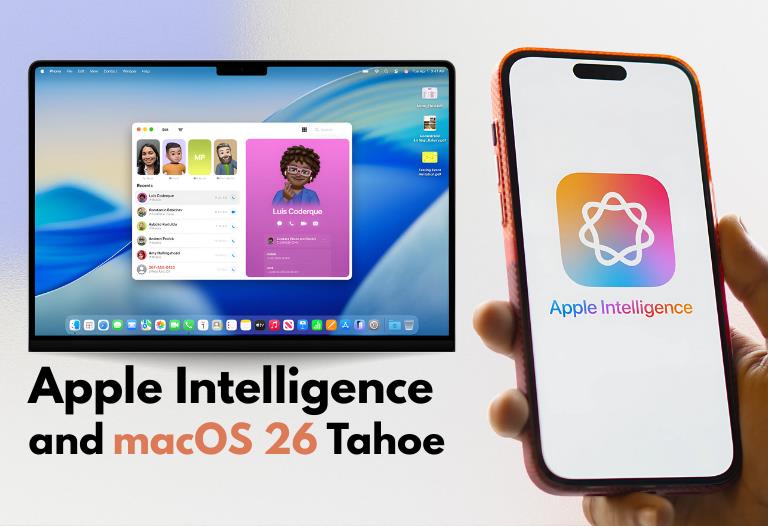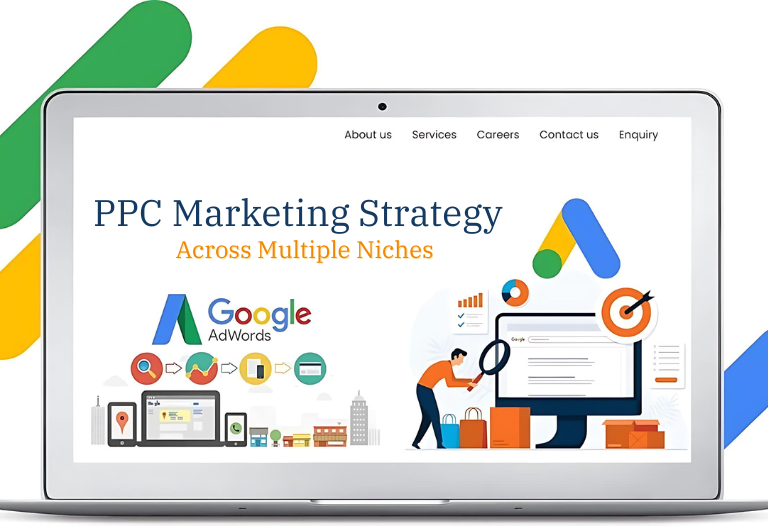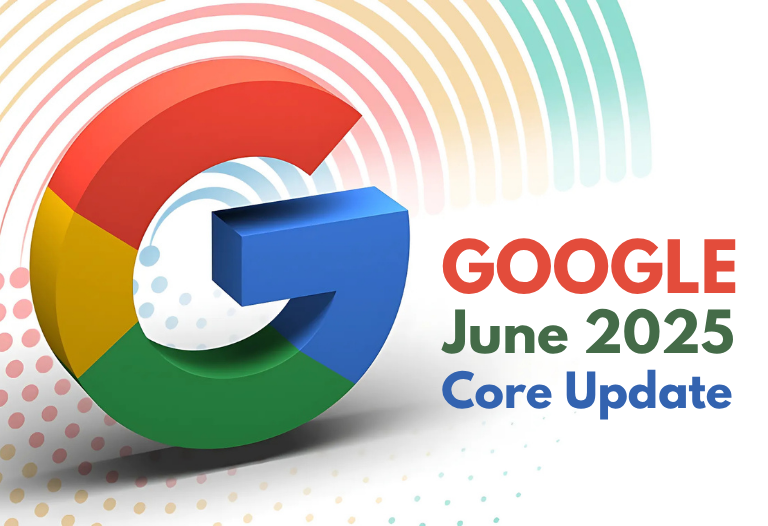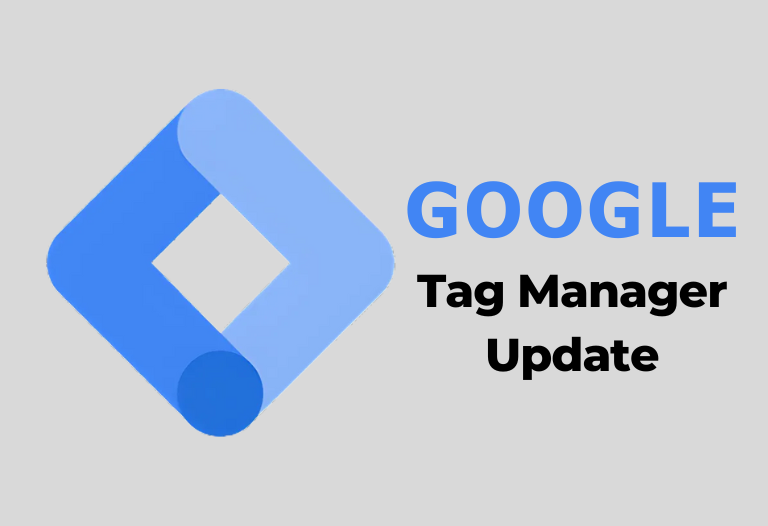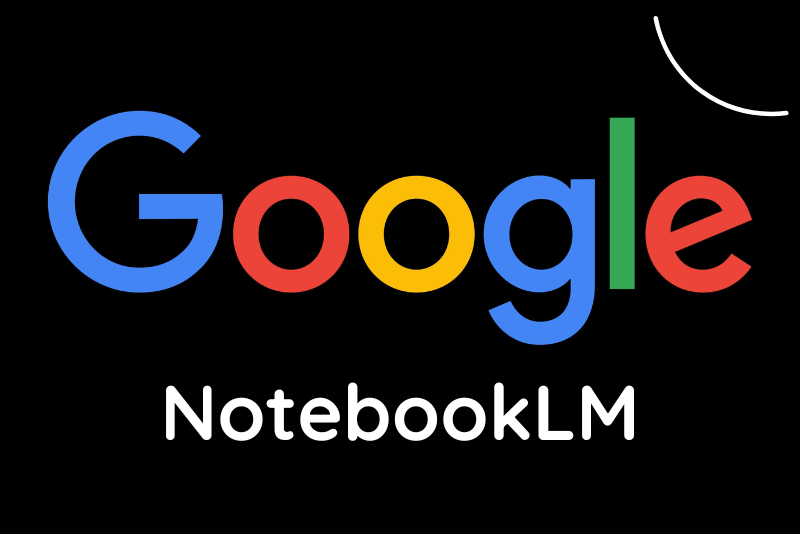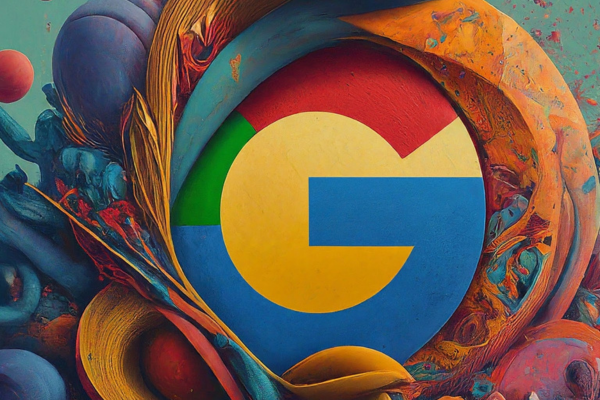
Google is compensating small publishers for using its AI platform to rewrite news articles that are posted on websites that Google’s technology targets for widespread content parasitism. On Twitter, people voice negative thoughts about it.
In order to employ a generative AI platform that seeks other news material for republication and summary, Google is compensating small independent publishers. The program is in beta testing, and in order for publishers to be paid, they must produce a minimum number of articles each day, according to a paywalled story that appeared on AdWeek.
To create material “at no cost,” small publishers employ a service that presents them with content selected by an AI program.
Reasons Google’s New Tool Is Not Perfect
News organizations frequently republish stories that have been broken by other organizations, and if the original reporting was done by a skilled journalist, they often add their own interpretation. It’s the accepted method.
However, Google’s tool seems to be similar to article spinning, a systematic method of content theft. Article spinning is an automated strategy that pulls published content from other websites via internet feeds. The computer program then rewrites the content, usually by substituting synonyms for terms. Artificial intelligence (AI) may, however, spin the text with more subtlety, effectively summarising it in a different tone by substituting whole sentences and paragraphs with identical content presented in a different way.
The tool is being tested by Google itself, which makes it problematic not only because Google is the de facto gatekeeper of internet information but also because it targets certain news organisations and allows small independent publishers to rewrite their content.
On the one hand, that might be advantageous since it might lead to inbound links pointing to the news’s original publication. Free links are a win-win situation, right?
It’s not, however, because news organizations don’t gain anything from connections to material that, at most, is only available for 48 hours. The continuous dissemination of news serves like a hamster wheel, keeping the wheel turning and the firm viable. It’s a continuous process that could be quickly jeopardized by diluting material widely.
And that’s essentially the crux of the issue with Google’s AI tool: it reduces the value that a company provides when it employs experts to produce the “value add” content that Google regularly declares it wants to publish. For that reason, Google’s AI tool is, at best, hypocritical and, at worst, deceitful, as it simultaneously promotes and undermines the production of high-quality content.
When the original publisher’s content is overtaken by the parasitic AI in Google News, in search results, and by user preference for their local online news publisher that is republishing the news from the larger publishers, an army of publishers programmatically copying every published news article doesn’t look so good.
Response To The AI News Tool From Google
Technology writer Brian Merchant (book author and writer for The Atlantic) shared a virtual thumbs down on Twitter, to which everyone responded positively.
He posted on Twitter:
“The nightmare is about to begin: Google is rewarding the creation of mediocre AI-generated content.
You should be really embarrassed if you are a journalistic organization that took this meager offer, especially if you are publishing articles created by AI without any disclosures.
After that, Brian sent out the following tweet outlining his concerns about Google’s AI tool for smaller news websites:
If the media has learned anything over the past ten years, it is that we do not have to accept the scraps that big tech tosses at us. In fact, it will ultimately work against us—why would you contribute to the automation of your industry for as little as $30k annually?
Tech writer Alex Kantrow made the following comment, which Merchant retweeted:
This is sad. Is this the website that Google desires?
Someone else tweeted:
It all comes down to unrestrained and untaxed profit.
Naturally, Google encourages businesses to sell off their workers and all Americans in order to make a quick profit.
A Microsoft employee brought up the idea of “autophagy,” which is the process by which an organism starts eating itself, perhaps in times of starvation.
She posted on Twitter:
Search will suffer if news content quality declines. The quality of information is actually threatened by autophagy, but it doesn’t seem like anyone is taking it seriously.
The Content of the Future
This is a problem that affects everyone who makes a living from publishing internet information, not just “news” reporters. Almost any topic on which affiliates submit material can be simply converted for use in news publications, product evaluations, recipes, entertainment, and so on.
What are your thoughts on Google’s latest tool? Is this the start of autophagy for online publishers, or will it enable smaller ones to compete with larger sites?




 March 5, 2024
March 5, 2024

